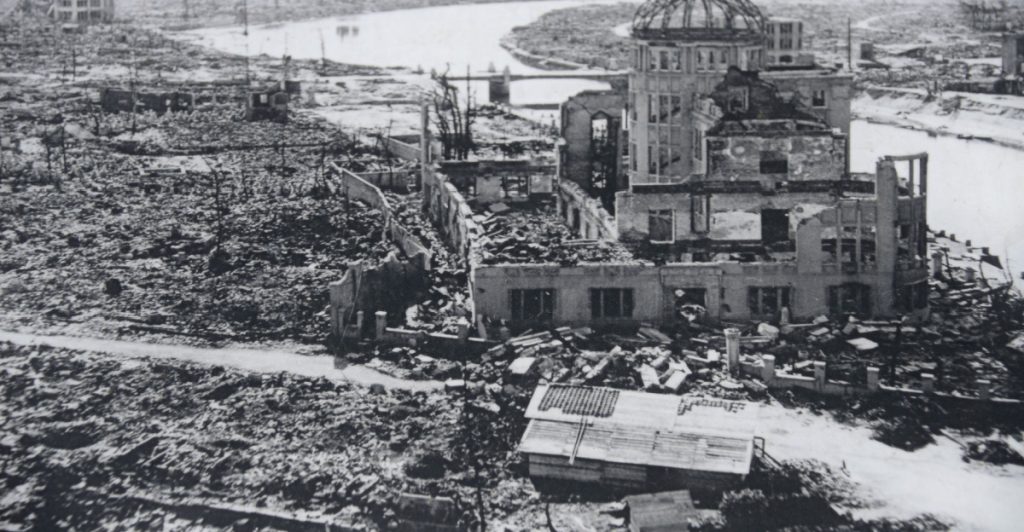Atomic bomb survivors in Japan have denounced President Trump’s remarks likening U.S. strikes on Iran to the 1945 bombings of Hiroshima and Nagasaki.
Others are reading now
As the world approaches the 80th anniversary of the atomic bombings that devastated Hiroshima and Nagasaki, new controversy has emerged over the legacy and lessons of nuclear warfare.
President Trump’s recent comments at the NATO summit have sparked outrage in Japan, especially among those who lived through the horrors of August 1945.
Survivors and advocacy groups argue that such comparisons not only minimize their suffering but also undermine international norms against the use of force.
Trump’s Comparison Sparks Outrage
At the NATO summit in The Hague, President Donald Trump compared recent U.S. airstrikes on Iran’s nuclear facilities to the atomic bombings of Hiroshima and Nagasaki, asserting that both actions effectively ended wars.
Also read
His comments have drawn sharp criticism from survivors of the 1945 bombings, known as hibakusha, and from Nihon Hidankyo, the Japan Confederation of A- and H-Bomb Sufferers Organizations.
Survivors Respond with Condemnation
“As survivors of the atomic bombings, we cannot approve any statement that justifies the bombings of Hiroshima and Nagasaki. We protest with great fury,” the group stated on X (formerly Twitter).
Teruko Yokoyama, an 83-year-old hibakusha, expressed her dismay to Japan’s Mainichi newspaper, saying, “I am truly disappointed. I feel only anger.”
Legal and Ethical Concerns Raised
Nihon Hidankyo, awarded the Nobel Peace Prize in 2024 for its advocacy against nuclear weapons, also condemned the recent U.S. attacks on Iran’s nuclear facilities, labeling them a “scandalous act” and a violation of international law.
As reported by Digi24, the organization emphasized that the International Atomic Energy Agency had determined Iran’s nuclear program to be civilian in nature, making the strikes unjustifiable.
Fears Over Nuclear Precedents
In a statement, Nihon Hidankyo warned that the U.S. preemptive attack undermines the theory of nuclear deterrence, which posits that the possession of nuclear weapons prevents hostile actions.
The group also voiced concern over recent discussions about the potential use of nuclear weapons by nations involved in ongoing conflicts, including Russia in Ukraine and Israel in Gaza.
Global Debate Intensifies
President Trump’s remarks have intensified global debate over the ethics and legality of military actions involving nuclear capabilities, especially as the world approaches the 80th anniversary of the Hiroshima and Nagasaki bombings.


